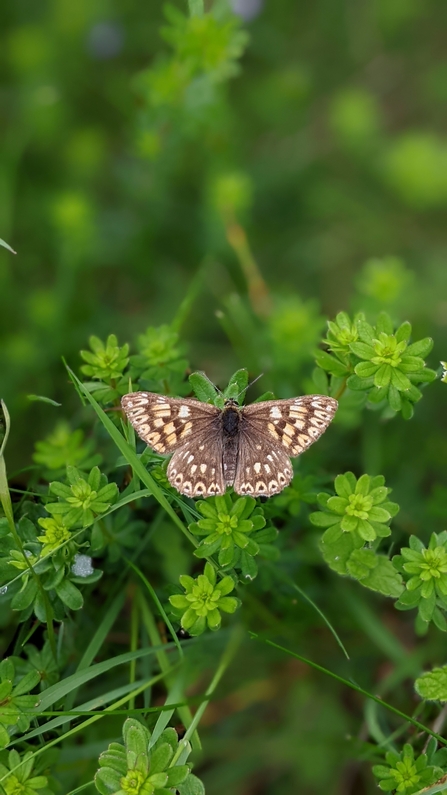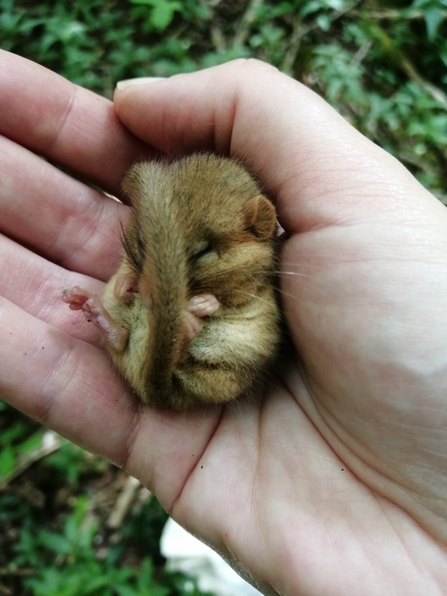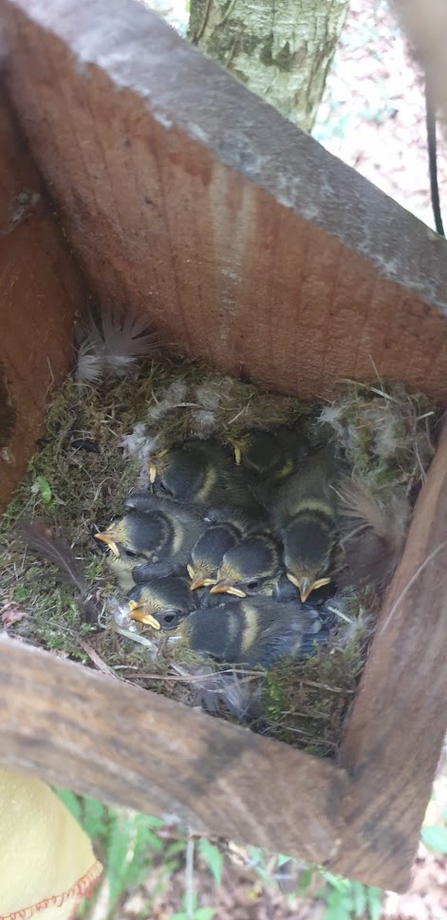Laura
Hello! I’m Laura, one of this year’s Trainee Ecologists for the Trust.
Growing up I was constantly outside, searching for woodlice, rooting through mud to find worms, and rescuing bees from the side of the road (and learning that honeybees do not survive after stinging, something much to my dismay). A career in ecology was the obvious choice to indulge my passion for the natural world. Having done a Bachelors and a Master’s in zoology at university, I then began volunteering for a number of charities where I monitored butterfly populations, studied bats, and nursed hedgehogs back to health. During the pandemic, I was struggling to find a job in the ecology and conservation sector until I was lucky enough to get the Trainee Ecologist job here at the Trust.




